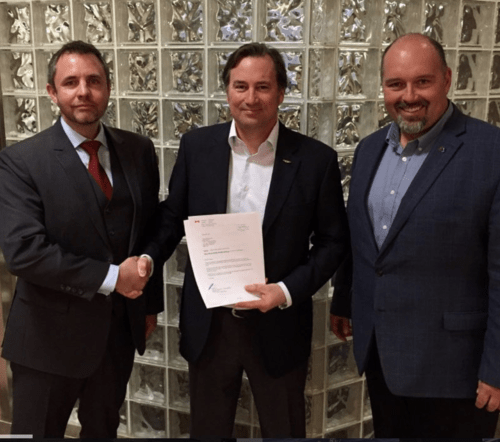Canada’s regulatory framework is shifting to support the safe integration of drones into ‘shared national airspace.’ As more and more industries, government agencies, educators, and the public launch drones of all sizes into national airspace, new legislations and significant coordination is needed to mitigate risks for manned aviators. Manned aviation includes commercial airlines, private pilots, crop dusting crews, and emergency response teams using water bombers for firefighting and helicopters deployed for search and rescue missions.
InDro Robotics will post content here educate the public about the current and up and coming Canadian Aviation Regulations that impacts the industry. Drones are also commonly referred to as Unmanned Aerial Vehicles (UAV’s) or Remotely Piloted Aerial Systems (RPAS). Legislators are being forced to update aviation regulations to incorporate the adoption of these new technologies. InDro Robotics will keep you informed about aviation authorities and policy makers from municipal, regional, national and international agencies who are working to implement, promote and then enforce a safe – yet supportive – regulatory framework to required for drone industry growth.

Regulations
Transport Canada defines the aviation regulations that support the safe use of drones and other remotely-piloted vehicles. They work with other authorities (NAV Canada, airport associations, etc.) to guide the safe integration of drones into Canadian airspaces. InDro Robotics works as a technical advisor to Transport Canada and other government agencies by providing policy input and training various Transport Canada Inspectors on the use and operation of drones.

Transport Canada Minister Honourable Marc Garneau announced much-awaited new regulations today in Ottawa for the rapidly-growing Remotely Piloted Aircraft Systems (RPAS) industry. Highlights include a mandatory drone registration system and knowledge tests that all pilots will have to take to earn a permit/certificates to fly drones in the ‘small RPAS’ weight category (between 250g and 25 kg). Learn more about the regulations announced in Canada Gazette II, the Transport Canada testing portal and details of the Basic Operations and the Advance Operations categories through our InDro response and press release, here.

December 2018 – InDro Robotics was one of only four companies approved by Transport Canada in 2018 to conduct Beyond Visual Line of Sight (BVLOS) Trials. InDro hosted members of Transport Canada’s UAS Task Force at our R&D office on Salt Spring Island for a full week. We collaborated with six other Canadian companies to demonstrate various airframes, payloads, safety accessories, and software systems. The results provided key insights to shape future regulations that will enable long-distance flights. A public report will be released in Q1 2019.

